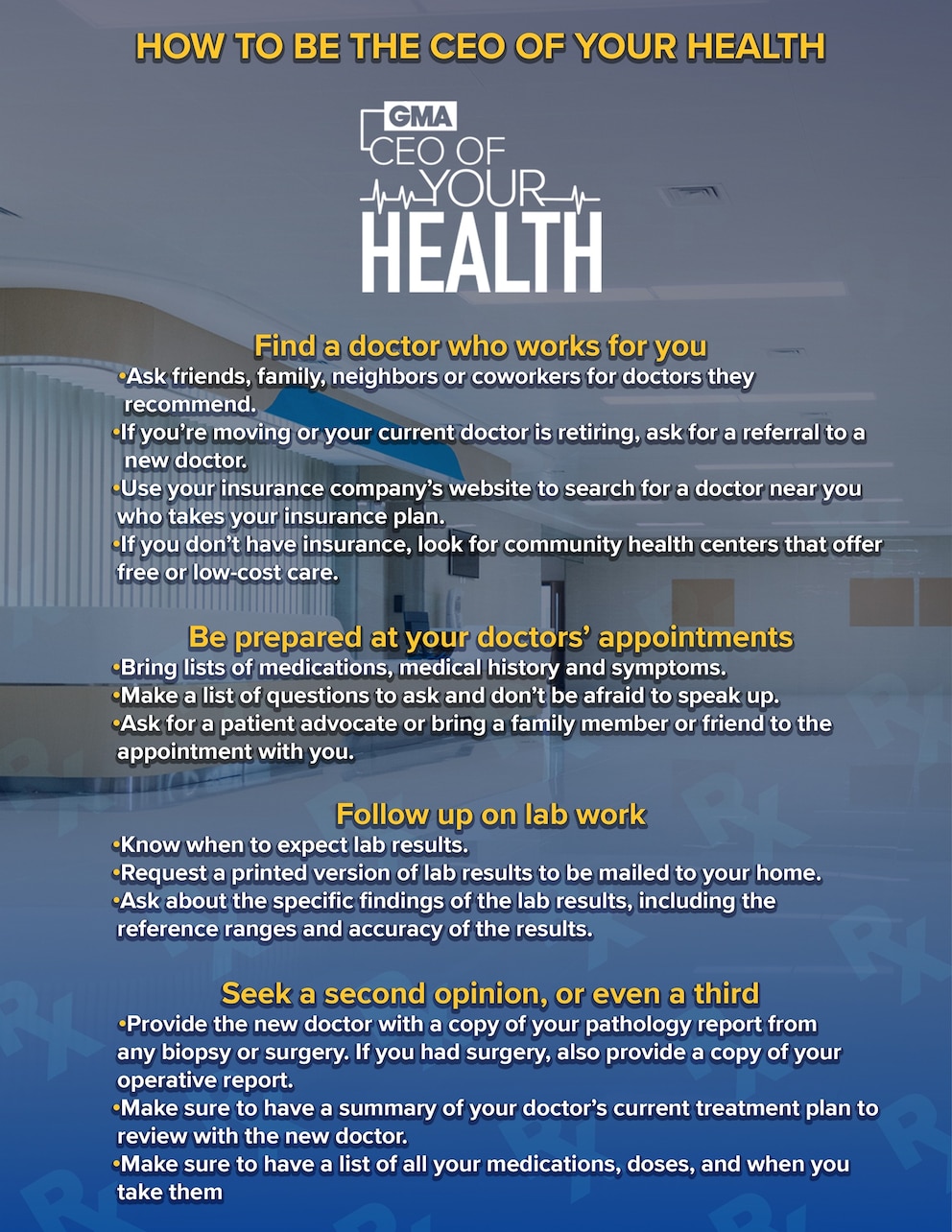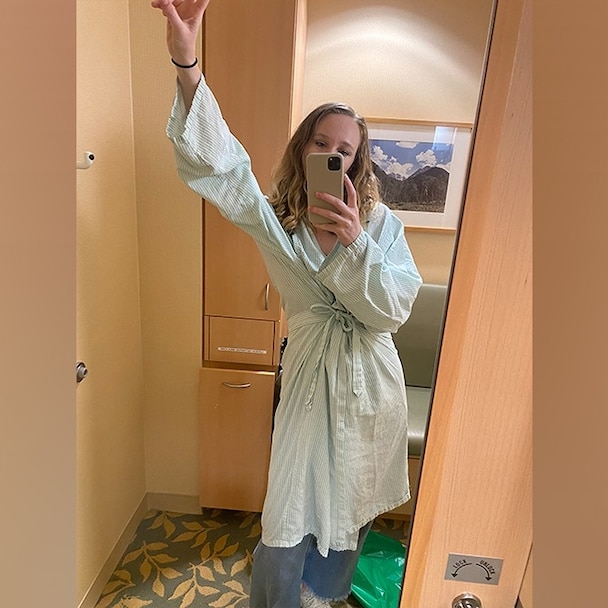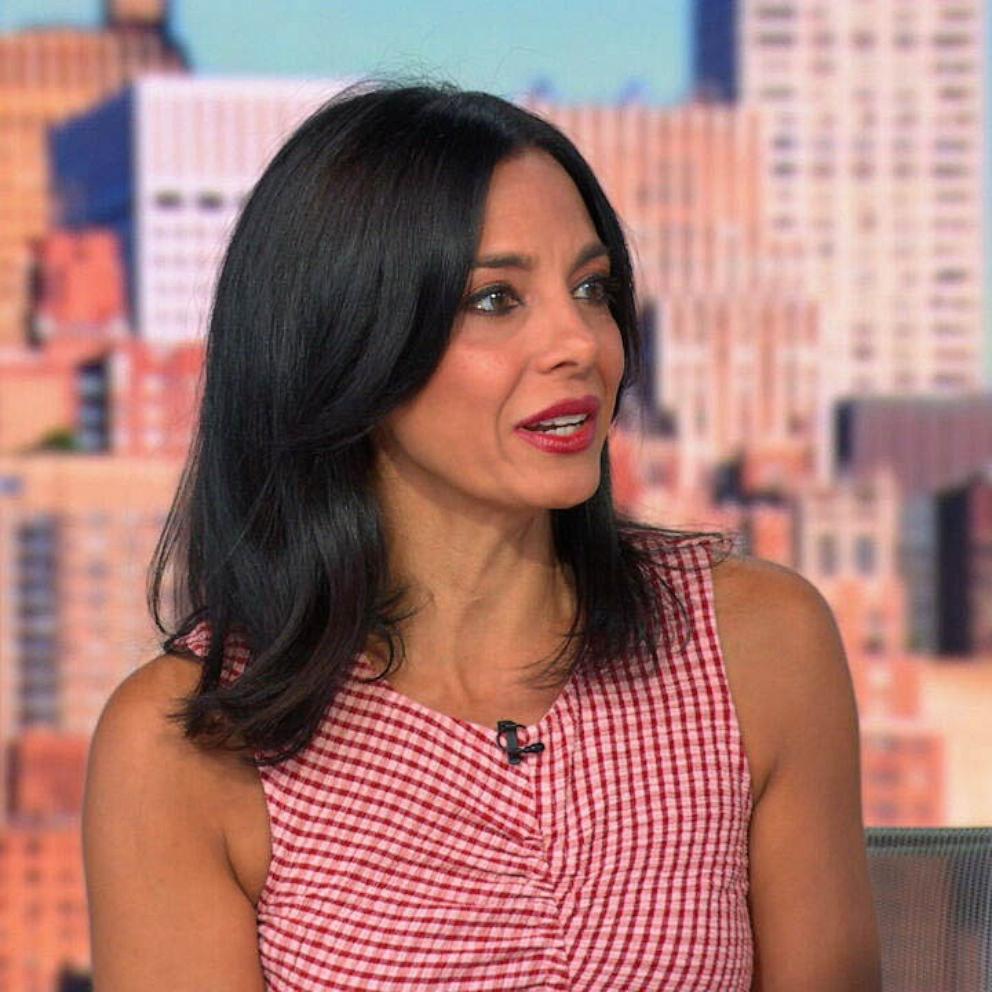ABC News chief medical correspondent on how to be the CEO of your own health
From making doctor's appointments to managing insurance to getting lab work done, taking care of your health can feel like a full-time job.
Though it can take time and effort, being one step ahead when it comes to your own health can make a huge difference in longevity and well-being, according to ABC News chief medical correspondent Dr. Tara Narula.
Narula, a board-certified cardiologist, said she likes to encourage patients to be the so-called "CEO of their own health," meaning they know every detail of their health care and can make informed decisions alongside their medical providers.

Read below for Narula's checklist on how to take charge of your health.
Dr. Tara Narula's tips for becoming the CEO of your own health
Be proactive in finding a doctor
One of the most important factors in taking charge of your health is surrounding yourself with a medical team with whom you feel confident and comfortable.
Tips for finding a doctor:
- Ask friends, family, neighbors or co-workers for doctors they recommend.
- If you're moving away or your current doctor is retiring, ask your doctor for a referral to a new doctor.
- If you have insurance coverage, use the insurance company's website to search for a doctor near you who takes your insurance plan, or call your insurance company and ask for a list of doctors.
- If you don't have insurance coverage, utilize resources like the National Association of Free & Charitable Clinics and community health centers, to help find free or low-cost care.
- Many hospitals and clinics also offer patient assistant programs to help uninsured patients afford their care.
- When interviewing doctors, ask things such as how the doctor can be reached in an emergency, whether the doctor takes phone calls or emailed questions from patients, and what days and hours the doctor sees patients.
Arrive to doctor visits prepared
It's important to provide your doctor with as much information as possible at each appointment.
Items to bring to a doctor appointment:
- Make sure you bring a photo ID and, if you have insurance coverage, your health insurance card.
- Bring a list of your medical history, including past or current health conditions or surgeries, and an outline of your family history including conditions such as heart disease, stroke, cancer, diabetes, high blood pressure or cholesterol, and Alzheimer's disease.
- Bring a list of your medicines and supplements, including over-the-counter medications you take on a regular basis.
- Bring written notes describing the symptoms your experiencing, including the type of pain, how severe it is on a scale of 1 to 10, when the symptoms are happening and how often.
- Consider bringing an advocate -- a trusted person like a friend, relative or neighbor -- to take notes on your behalf. Your local hospital, insurance company or employer may offer patient advocacy services as well.
Ask your doctor follow up questions
Since doctor appointments are typically just 15 to 20 minutes, write down the top questions you want to ask your doctor.
Questions to consider asking your doctor include:
- What could be causing my symptoms?
- Which tests might help find the problem?
- Am I due for any screening tests?
- What are the benefits and risks of tests and treatment options?
- What lifestyle changes can I make to prevent disease?
- Can you explain my lab results?
- What conditions might I be at risk for based on family history, and what are symptoms that might suggest I have them?
Also make sure to ask your doctor questions about any lab work being done.
Questions to consider asking your doctor about lab work include:
- Ask when you should expect to receive your results and always request a printed version to be mailed to your home.
- What do my test results mean? Ask for a clear explanation of what the numbers or findings indicate.
- Are my test results normal? Clarify whether your results fall within the expected range for your age, sex and health status.
- What do these specific numbers or findings mean? Don't hesitate to ask for clarification on any terms or values you don't understand.
- How accurate are the results? Understand the reliability of the test and whether any factors could have affected the outcome.
- What are the reference ranges? Ask about the typical values for the test and what it means when results fall outside those ranges.
Seek a second opinion -- or even a third
You should always feel empowered to get a second opinion and even a third opinion. You will likely hear very different perspectives -- and that's OK.
For whatever condition you have, you need to find someone who specializes in your specific condition.
What to bring to a new doctor when seeking an additional opinion:
- First, provide the new doctor with a copy of your pathology report from any biopsy or surgery. If you had surgery, you also want to provide a copy of your operative report.
- Make sure to have a summary of your doctor's current treatment plan to review with the new doctor.
- Make sure to have a list of all your medications, doses and when you take them.

Click HERE to view and save Dr. Narula's top tips to become the CEO of your health.







